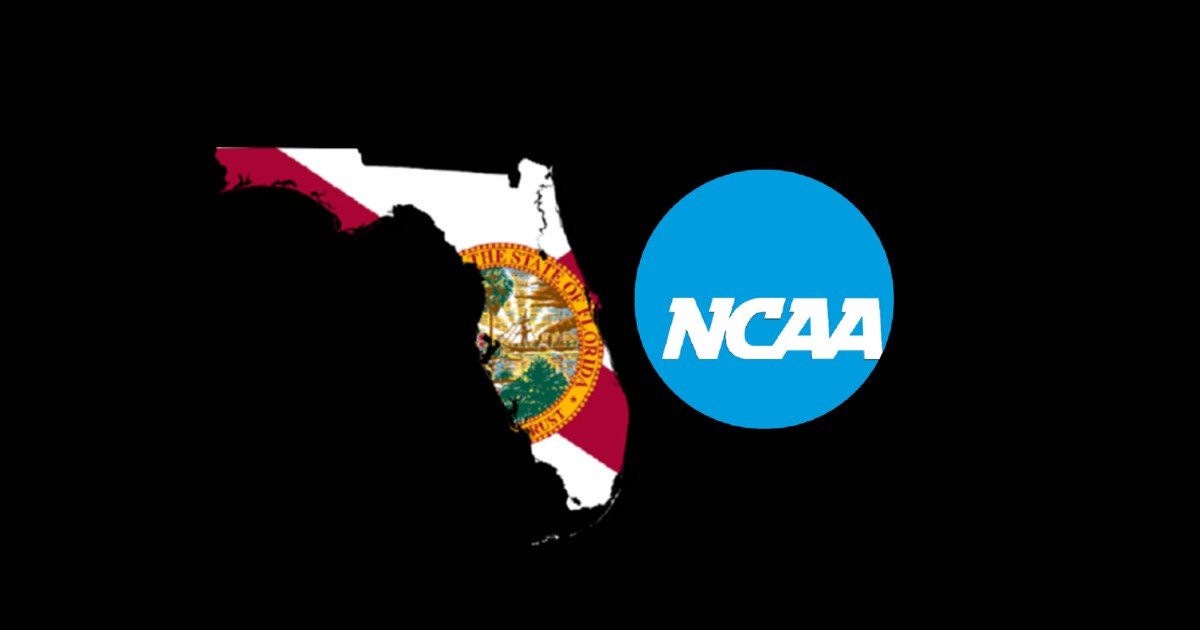Florida Attorney General Ashley Moody joined colleagues from New York , Virginia, the District of Columbia, and Tennessee in a lawsuit filed against the National Collegiate Athletic Association (NCAA). The suit alleges that the NCAA broke antitrust laws.
“It appears no one could ever comply with these ever-changing and unfair regulations that limit the ability of student-athletes to negotiate in good faith,” Moody said. “I am taking legal action to reverse the unlawful restrictions the NCAA has placed on Florida universities and our collegiate athletes.”
According to an official statement released by Moody’s office, the NCAA “prohibits prospective student-athletes from discussing NIL opportunities with schools and collectives prior to enrollment. “
These restrictions, which are plainly illegal, prevent Florida student-athletes from:
• Negotiating with collectives,
• Reviewing NIL offers prior to making enrollment decisions, and
• Learning about the full scope of NIL-related services schools might offer upon enrollment.
The intro to the complaint reads:
“The States of Tennessee, Florida, New York, the District of Columbia, and the Commonwealth of Virginia bring this antitrust case against the National Collegiate Athletic Association. The NCAA started enforcing rules that unfairly restrict how athletes can commercially use their name, image, and likeness (better known as “NIL”) at a critical juncture in the recruiting process. These anticompetitive restrictions violate the Sherman Act, harm the States’ economies and the welfare of their athletes, and should be declared unlawful and enjoined. The NCAA runs a business—a “massive business. Despite having monopoly control over college sports, for decades the NCAA somehow escaped much antitrust scrutiny. That all changed in 2021, when the U.S. Supreme Court decided Alston. That case rejected the NCAA’s long-held arguments about why its amateurism rules are exempt from the Sherman Act. Those rules—especially the restrictions on compensating college athletes— are in fact “subject to the Sherman Act,” “subject to the rule of reason,” and often plainly illegal. Id. at 2155-66. The Court there affirmed a decision invalidating one of those rules.”
The full lawsuit can be read here.

















